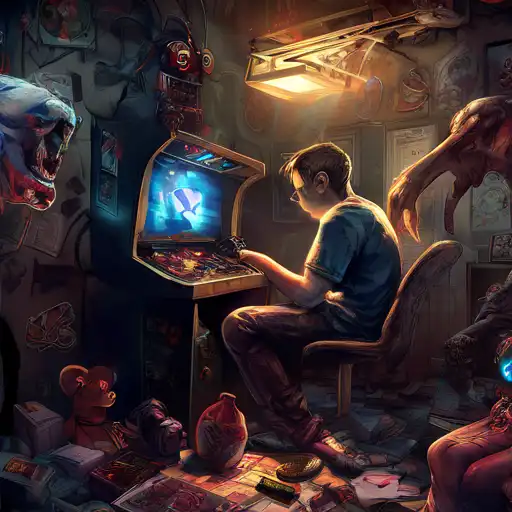Introduction to Gaming Addiction
Gaming addiction has become a significant concern in the digital age, affecting individuals across various age groups. This article delves into the psychological aspects that contribute to gaming addiction, offering insights into why some individuals are more susceptible than others.
The Role of Dopamine in Gaming Addiction
One of the key psychological factors behind gaming addiction is the role of dopamine, a neurotransmitter associated with pleasure and reward. Games are designed to trigger dopamine release, creating a cycle of reward that can lead to addictive behaviors.
How Games Manipulate Reward Systems
Modern video games employ sophisticated reward systems that mimic real-life achievements. These systems can be particularly enticing, offering instant gratification that is often lacking in everyday life.
Psychological Vulnerabilities to Gaming Addiction
Not everyone who plays video games becomes addicted. Certain psychological vulnerabilities, such as depression, anxiety, and low self-esteem, can increase the risk of developing an addiction to gaming.
The Escape Theory
For many, gaming serves as an escape from reality. This theory suggests that individuals may turn to games to avoid dealing with personal or emotional issues, further entrenching addictive behaviors.
Preventing and Addressing Gaming Addiction
Understanding the psychological triggers of gaming addiction is the first step toward prevention and treatment. Strategies such as setting time limits, seeking alternative activities, and professional counseling can be effective.
Building Healthier Gaming Habits
Developing healthier gaming habits is crucial for those at risk of addiction. This includes recognizing the signs of addiction and taking proactive steps to engage in gaming in a balanced way.
Conclusion
Gaming addiction is a complex issue rooted in psychological mechanisms. By understanding these triggers, individuals and professionals can better address and prevent the negative impacts of excessive gaming.
For more insights into mental health and behavior, explore our mental health section.
